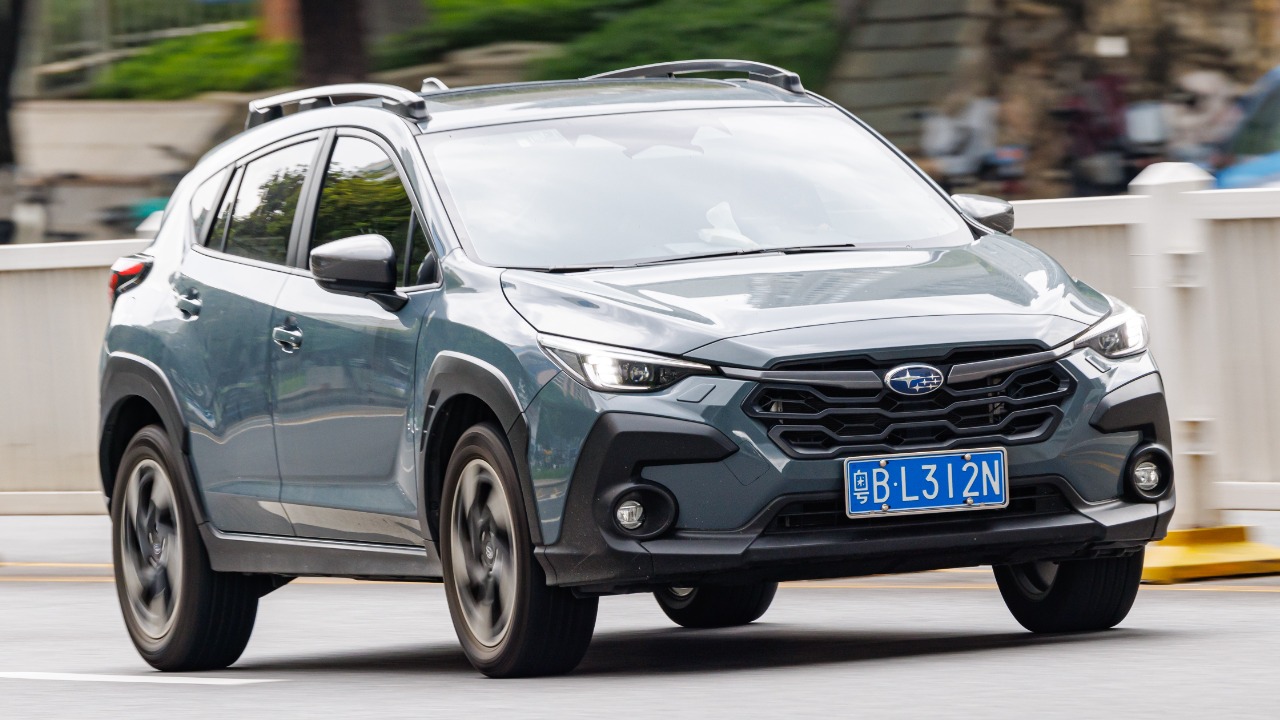
The world of off-roading has been shaken by the recent ban on a popular 4×4 vehicle from several off-road parks. This decision by park authorities has sparked debate among enthusiasts and raised questions about the future of off-roading. We explore the reasons behind the ban and its implications for drivers and the industry.
The Vehicle at the Center of the Controversy
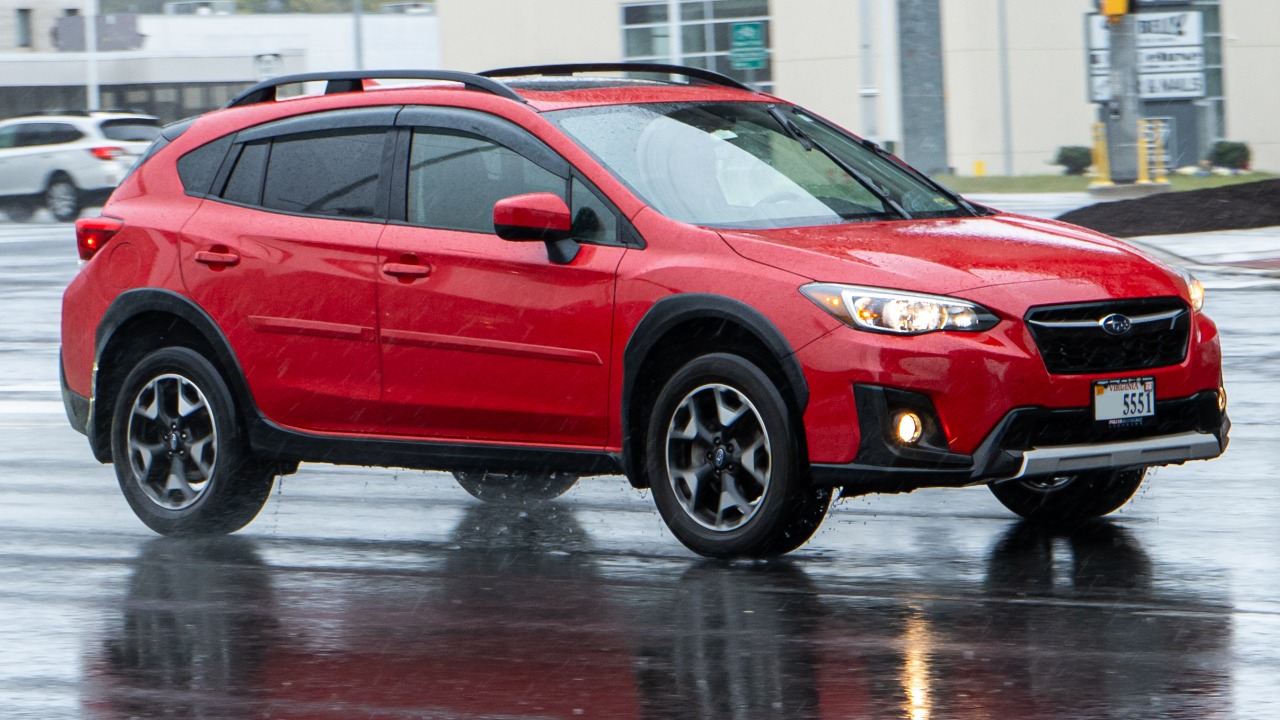
At the heart of the controversy is the Subaru Crosstrek, a model that has long been revered by off-road enthusiasts for its robust capabilities and affordability. The Crosstrek, with its impressive all-wheel-drive system and ground clearance, quickly became a favorite for those looking to explore rugged terrains without breaking the bank. Its reputation for reliability and the brand’s commitment to adventure-oriented marketing only added to its appeal.
However, the Crosstrek recently came under increased scrutiny after several incidents raised eyebrows among park authorities. Reports of environmental damage and safety concerns began to surface, putting the vehicle on the radar of regulatory bodies. These incidents included damage to fragile ecosystems and irresponsible driving behaviors that led to accidents, prompting a reevaluation of its suitability for certain off-road environments.
Reasons Behind the Ban
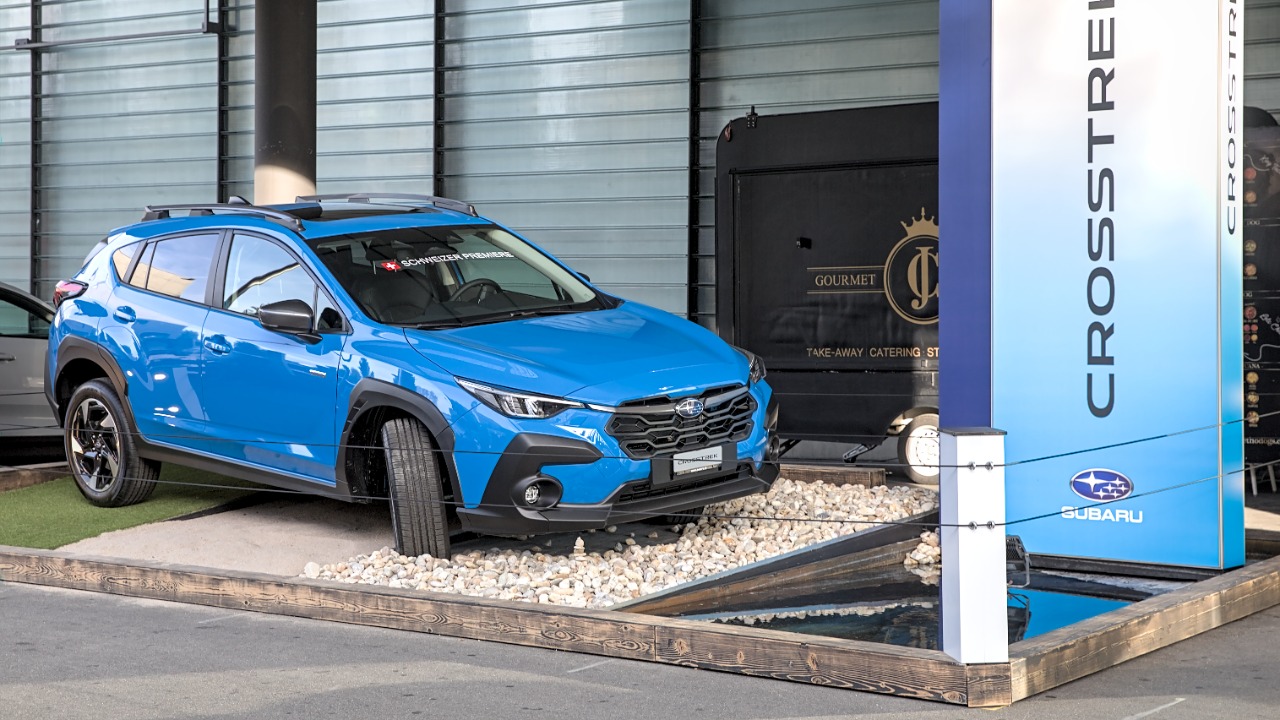
The primary reason behind the ban is the growing concern over the environmental impact of vehicles like the Crosstrek on delicate ecosystems and wildlife. Off-road parks are often located in areas with sensitive habitats, and the damage caused by heavy vehicles can be significant. The repeated use of certain trails has led to erosion, soil compaction, and disruption to local flora and fauna, necessitating stricter controls.
Safety issues were also a critical factor in the decision to ban the Crosstrek. Park authorities noted a pattern of accidents and reckless driving behaviors associated with the vehicle, which raised red flags. Additionally, the vehicle failed to meet specific park service guidelines and standards, as highlighted in a recent report on the matter. These compliance issues underscored the need for a ban to ensure the safety of all park visitors.
Reactions from the Off-Road Community
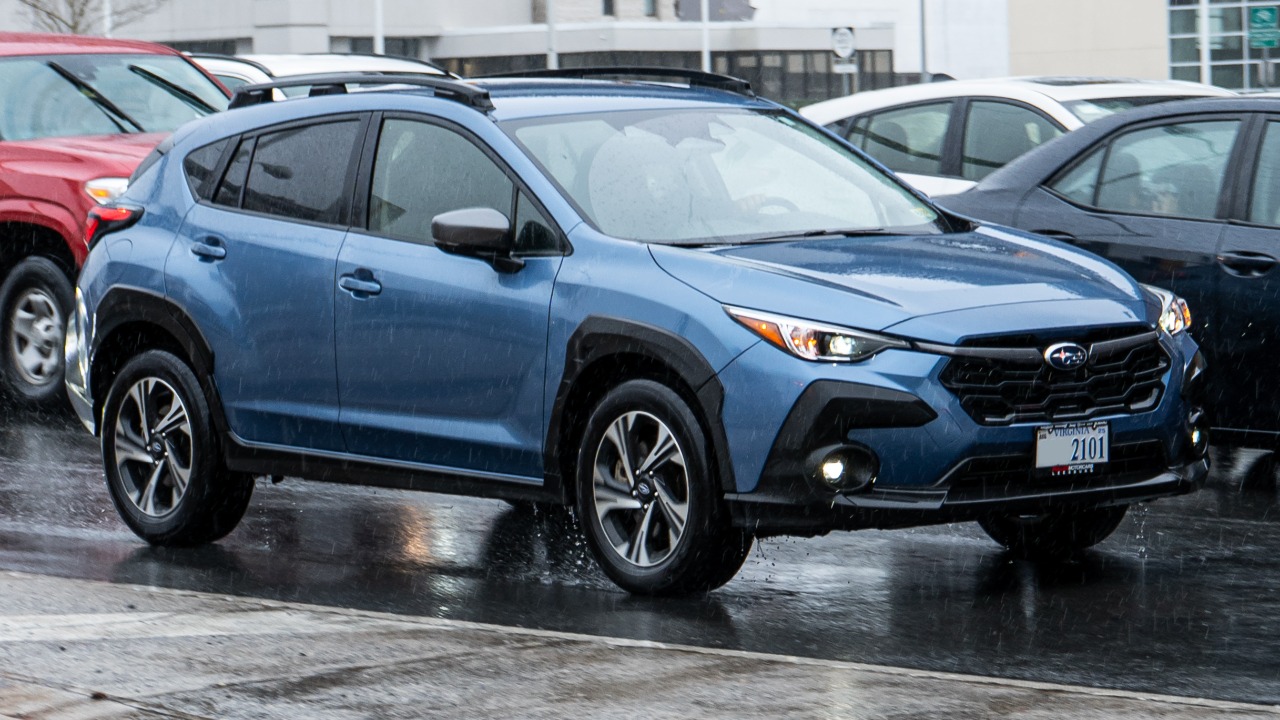
The off-road community has had a mixed reaction to the ban. Many enthusiasts are outraged, viewing it as an overreach by authorities that unfairly targets a beloved vehicle. This backlash has led to organized protests and online campaigns calling for the reversal of the ban. Enthusiasts argue that responsible driving and better education could mitigate the issues rather than outright bans.
Conversely, environmental groups and safety advocates have expressed support for the ban. They argue that protecting natural habitats and ensuring visitor safety should take precedence over recreational activities. The ban also has significant implications for local economies, as businesses reliant on off-road tourism may experience a decline in visitors. The impact on rental companies, tour operators, and local shops could be substantial, necessitating a reevaluation of business models and community engagement strategies.
Implications for the Industry
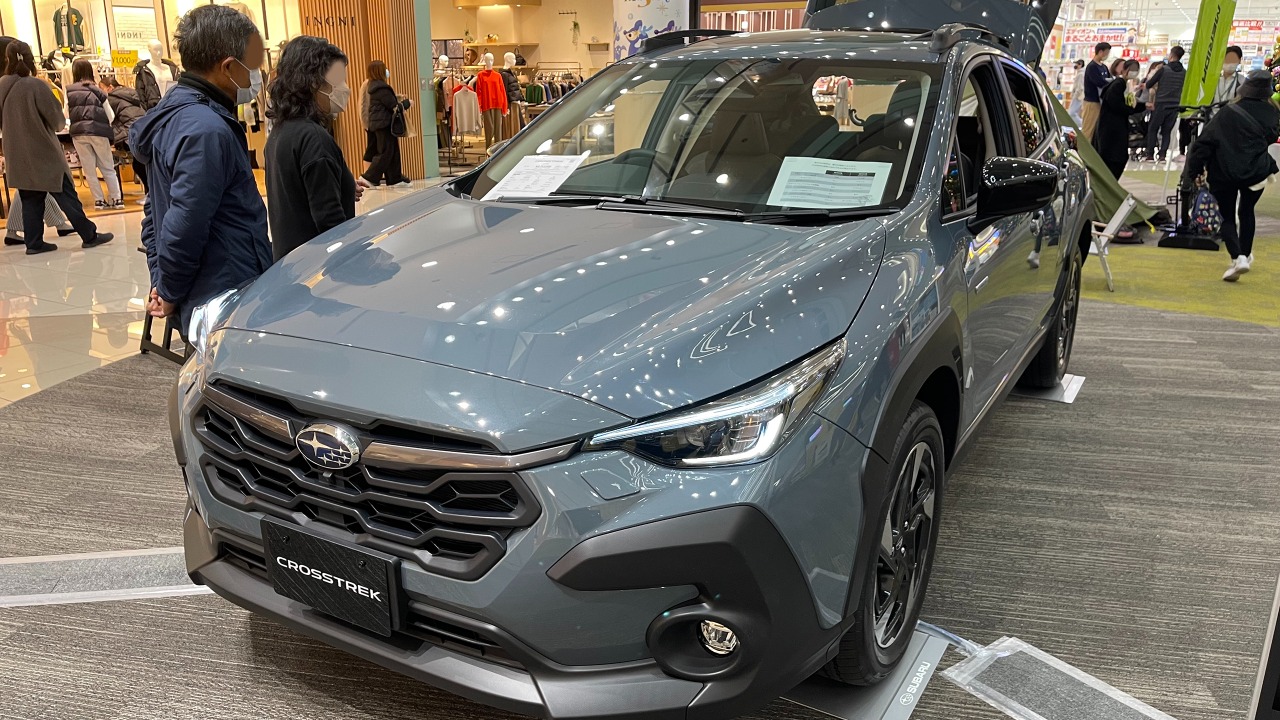
The ban on the Crosstrek may prompt significant shifts in vehicle design as manufacturers respond to growing regulatory pressures. Companies may invest in new technologies to minimize environmental impact and improve safety features, potentially leading to innovative developments in the 4×4 market. These changes could redefine what consumers expect from off-road vehicles in terms of performance and sustainability.
Furthermore, the ban reflects broader trends towards sustainable and responsible off-roading. Park policies and trail management strategies are likely to evolve, with an emphasis on conservation and visitor education. The National Park Service has already issued warnings to vehicle owners about compliance, as noted in a recent statement. This shift may lead to an increased focus on protecting natural resources while still allowing for recreational enjoyment.
Navigating the Changing Landscape
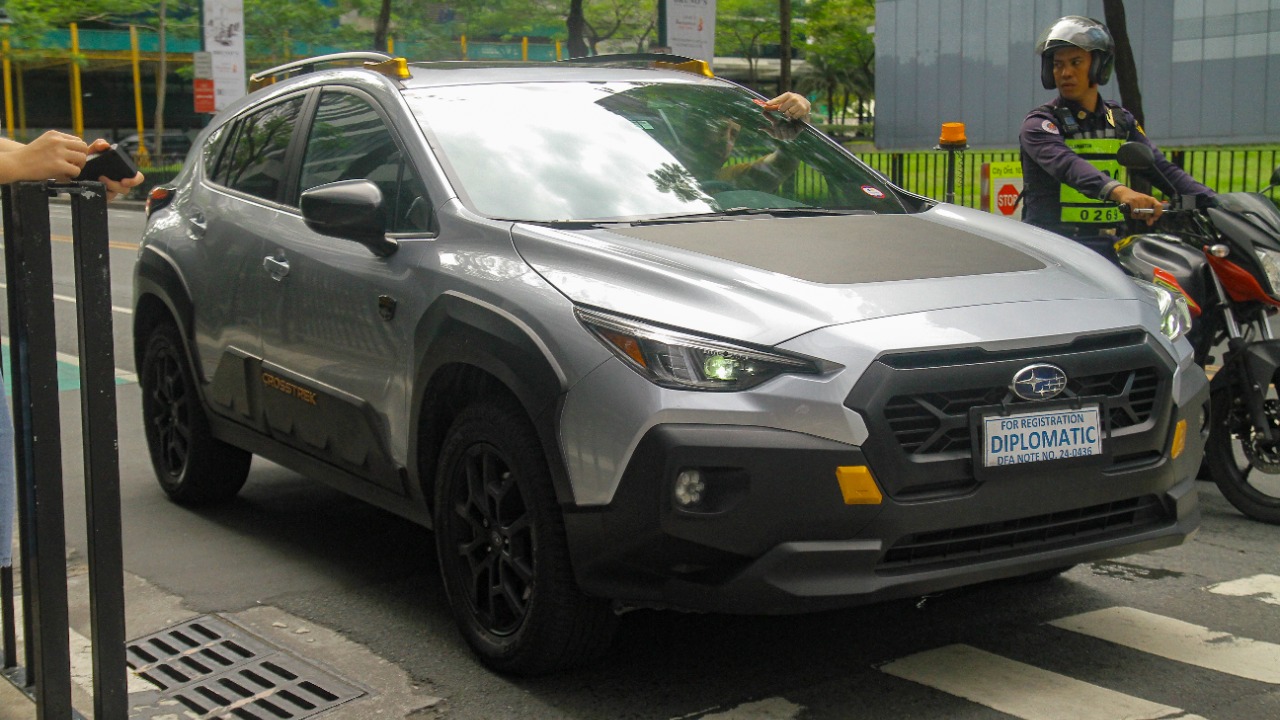
For off-roaders, staying informed and compliant with park regulations is crucial in navigating this changing landscape. Enthusiasts should familiarize themselves with the specific guidelines of the parks they visit and ensure their vehicles meet all necessary standards. Additionally, exploring alternative vehicles that are more environmentally friendly and compliant with regulations could provide a solution for those affected by the ban.
Advocacy plays a vital role in shaping future decisions regarding off-road vehicle use in parks. Drivers can engage in dialogue with park authorities to understand the rationale behind the ban and explore potential compromises. By working collaboratively, enthusiasts and authorities can find a balance between recreational activities and environmental preservation. As the industry adapts to these new challenges, staying informed and proactive will be key to enjoying off-roading while respecting the natural world.
For those looking to explore other vehicle options, there are several alternatives available that cater to off-road enthusiasts. Models like the Jeep Wrangler, Toyota 4Runner, and Ford Bronco offer robust capabilities while adhering to environmental and safety standards. These vehicles provide viable options for those affected by the ban on the Crosstrek, ensuring that the spirit of adventure remains alive and well.